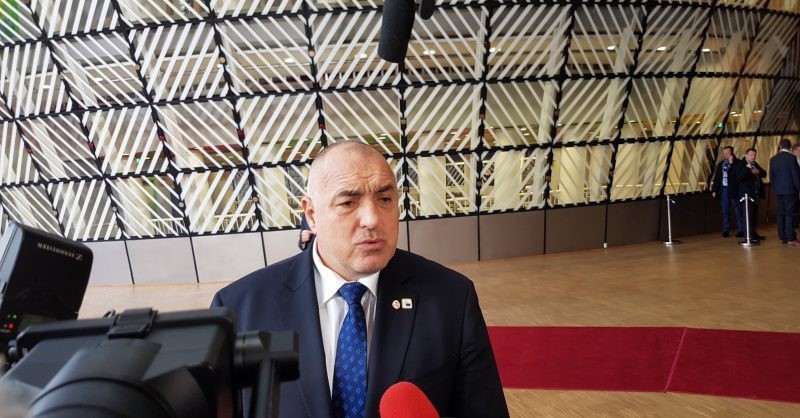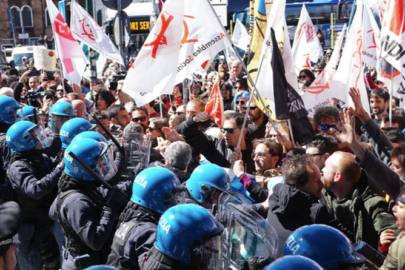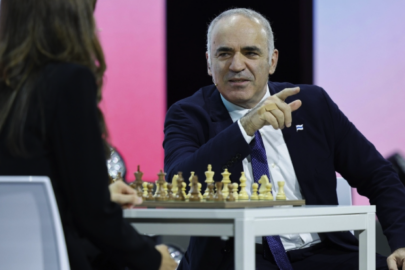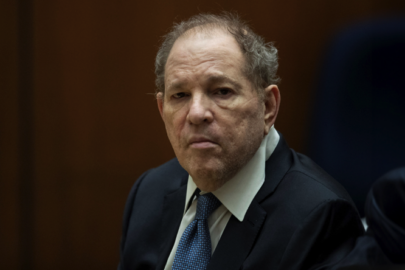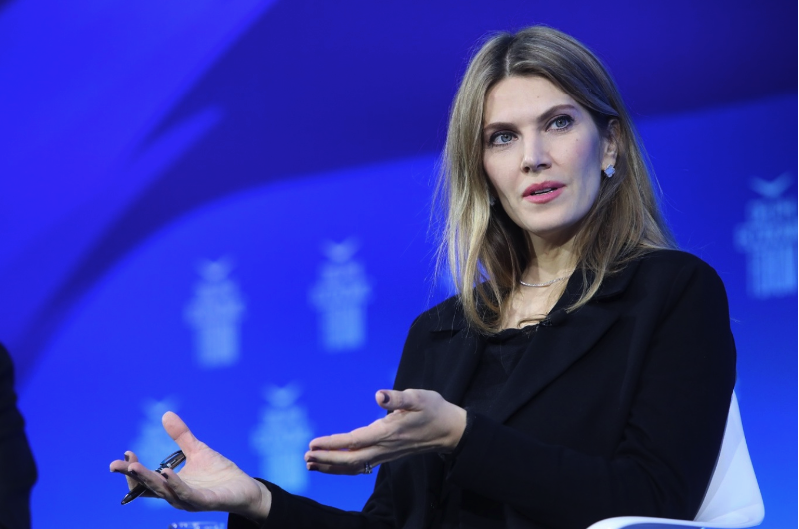An upcoming summit with Turkish President Recep Tayyip Erdoğan in the Bulgarian city of Varna in March will be a “heavy experience”, Bulgarian Prime Minister Boyko Borissov told journalists on Friday (23 February), ahead of the informal EU summit in Brussels.
Borissov, who is one of the longest-serving prime ministers, attends the first summit to be held since his country took over the rotating Presidency of the Council of the EU.
One of the issues to be raised by Cypriot President Nikos Anastasiades is the blockade by Turkish ships of offshore gas exploration in the territorial waters of the Republic of Cyprus.
Asked by EURACTIV to comment on this issue, Borissov said Anastasiades had spoken to him and voiced his concerns.
Erdoğan will meet Council chief Donald Tusk and European Commission President Jean-Claude Juncker at a “leaders meeting” hosted by Borissov in the Bulgarian Black Sea city of Varna on 26 March.
The meeting was arranged as a result of heavy lobbying by Borissov, who counts on Turkey to implement its deal with the EU to prevent migrants from crossing to the Greek islands from Turkish territory.
Turkey has a large shopping list, including more money for the migrant deal, visa liberalization and progress in its EU accession talks.
Asked what he is was going to do about the Cypriot concerns during the Varna summit, Borissov said: “If anybody imagines that it’s only a pleasant task to host Juncker, Tusk and Erdoğan for dinner, he is probably a newcomer to politics or has no clue.
“This is an extremely difficult meeting, extremely loaded with expectations and with tensions. To the extent that I know President Erdoğan and our leaders, and also knowing myself, I’m far from imagining that we would find agreement on the questions raised, on all of them or on part of them.
“This is going to be a very heavy experience for all of us, and it is not by chance that since yesterday [when he arrived in Brussels] everybody is asking me how I am going to handle this. This is not a dinner between friends who have gathered just to chat and drink sherbet [syrup]. And this is not something just anyone can organize these days.”
Asked if he felt differently at this first EU summit since Bulgaria is holding the EU Presidency, the prime minister added: “No, in the last one or two years I enjoy the respect of my colleagues, they pay attention to what I say, but I don’t want to brag about it, I’m not such a person.
“But the fact is that many were not present at yesterday’s dinner, not even Tusk, and I wasn’t invited because of the Presidency, but as a person from the region who takes into account the positions of all, which can lead to reasonable solutions.”
Borissov was referring to a dinner hosted by the Belgian Prime Minister Charles Michel, who had invited the leaders of countries from different parts of Europe and from different political families.
The gathering reportedly offered the leaders an opportunity to start “more direct “discussions than during the normal European summits. Some of the themes that have been discussed are trade, energy transition, defence, migration, the place of Europe in the world and the EU budget after the Brexit.
The participants were German Chancellor Angela Merkel, French President Emmanuel Macron, and a number of Prime ministers: Mateusz Morawiecki (Poland), Mariano Rajoy (Spain), Leo Varadkar (Ireland), Paolo Gentiloni (Italy), Juha Sipilä (Finland), Xavier Bettel (Luxembourg), Antonio Costa (Portugal), Robert Fico (Slovakia) and Borissov himself.
Borissov said this was a “regional leadership” meeting and that he had spoken at length about everything in the region “ranging from Greece through FYROM, from Serbia to Kosovo, Turkey, Russia, the dispute between Slovenia and Croatia (about the Piran Bay border disagreement).”
He also announced that this morning Macron, Michel and Bettel had proposed that he host a francophone meeting in Varna, adding that he had gladly accepted the idea.
Bulgaria is officially a member of the organization of the International Organisation of La Francophonie. EURACTIV asked how many ministers in his cabinet speak French but Borissov pretended he had not heard the question.
Source: euractiv

